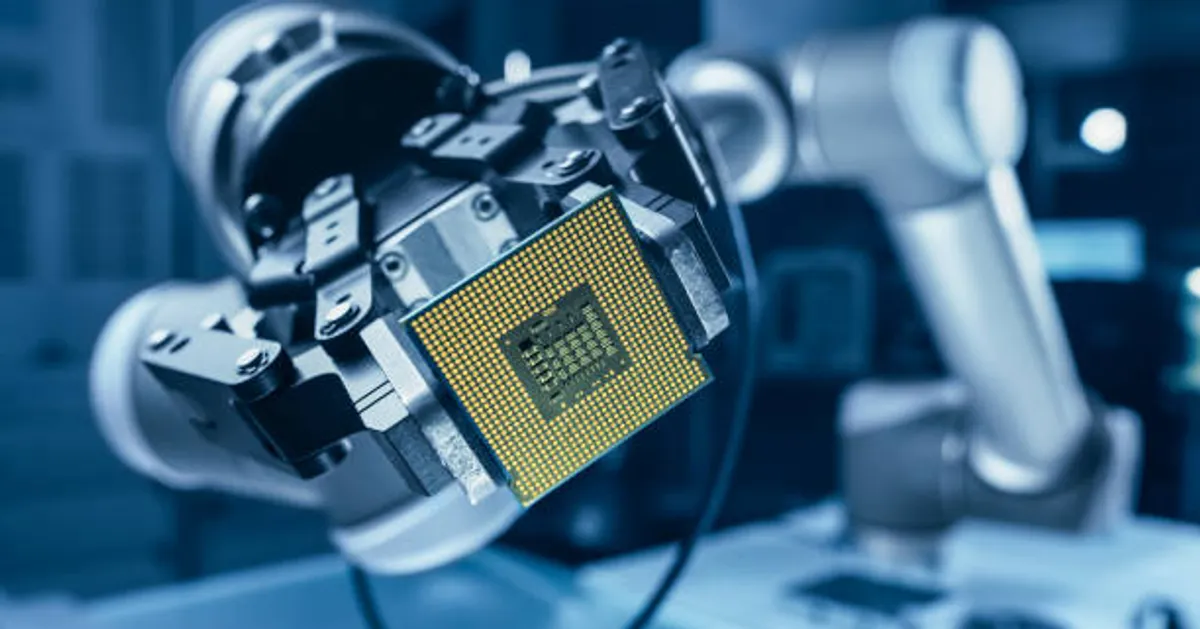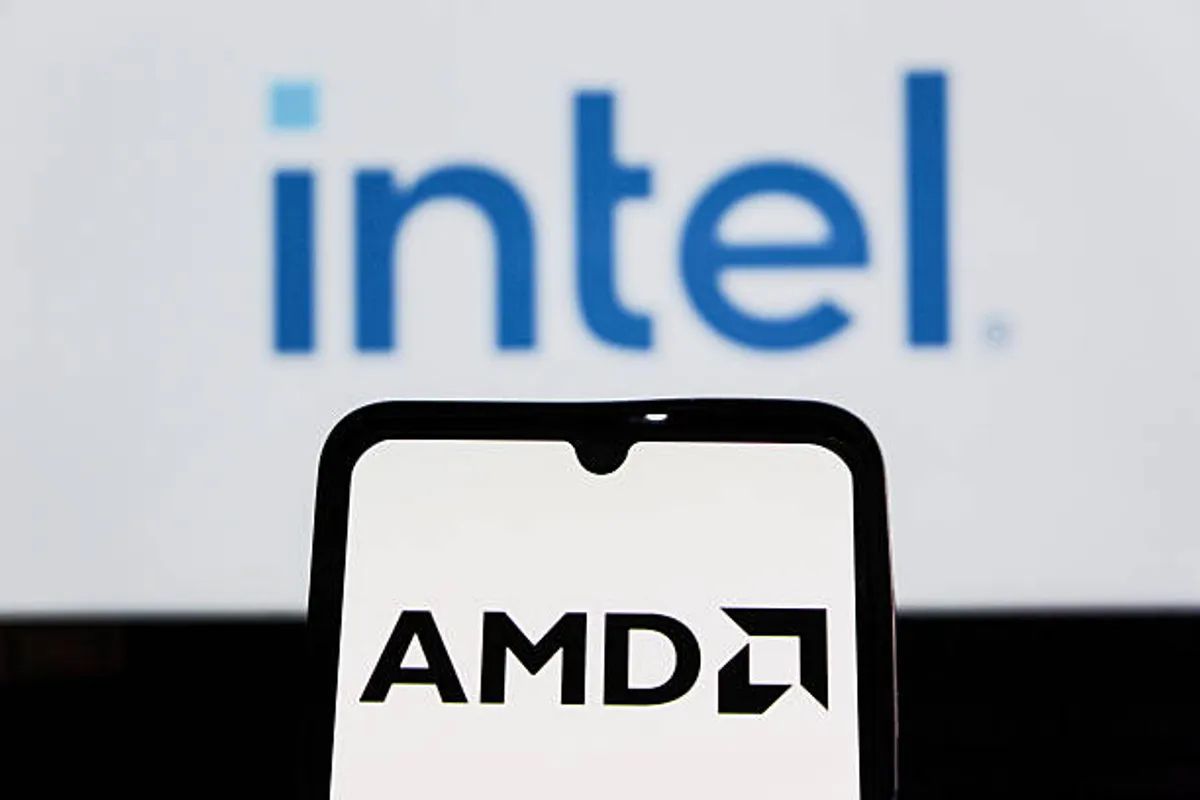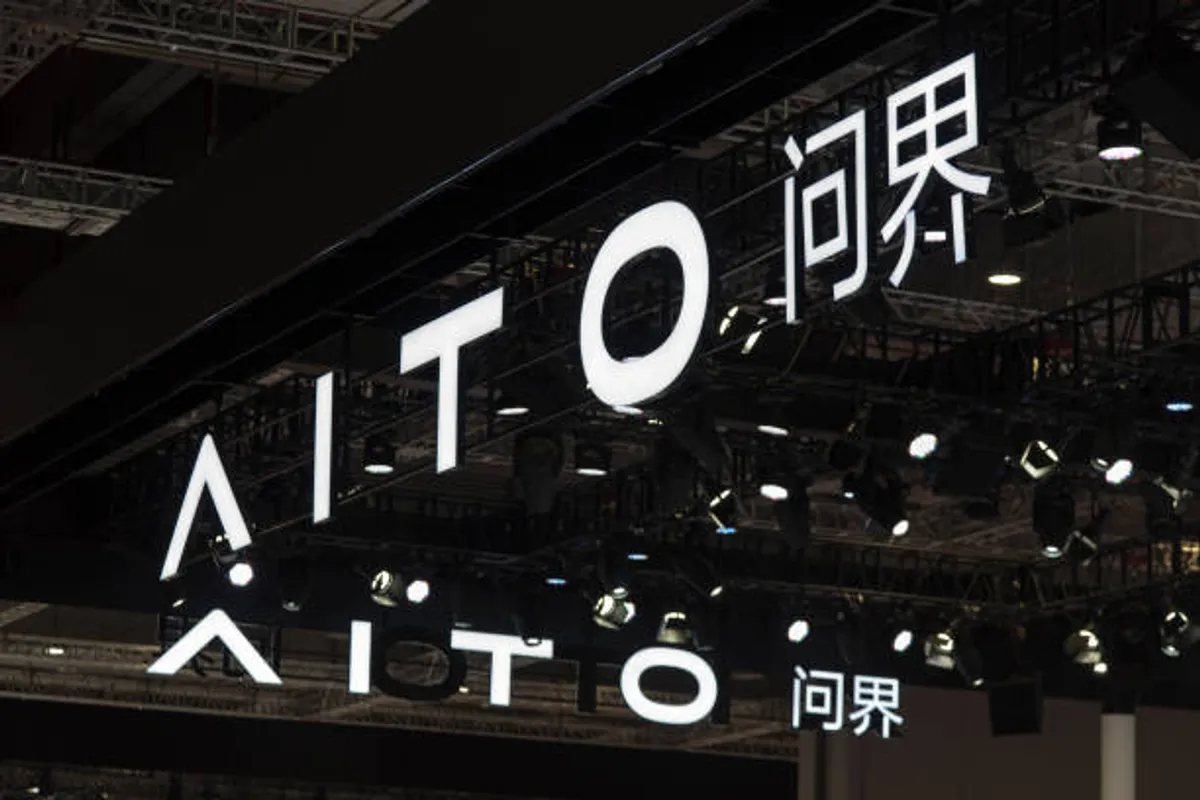China Bans Foreign AI Chips in State-Funded Data Centers in Push for Tech Independence

GeokHub

The Chinese government has issued guidance requiring state-funded or state-affiliated data centre projects to use only domestically-made AI chips, according to sources familiar with the matter. Projects that are less than 30 percent complete have been ordered to remove any installed foreign chips or cancel procurement plans altogether, while more advanced projects will be reviewed on a case-by-case basis.
This policy shift represents one of the most assertive moves to date by Beijing to reduce reliance on foreign technology in its critical infrastructure. The directive has major implications for global chipmakers—particularly NVIDIA, AMD and Intel—who have long supplied AI hardware to China’s booming data centre sector.
The timing comes amid China’s broader strategy of self-sufficiency in advanced technology, especially in the face of export controls and mounting geopolitical pressure from the U.S. By carving out foreign suppliers from state-supported projects, China is accelerating a domestic-first agenda while reshaping the competitive landscape of AI hardware.
Analysis / Impact:
This policy development has wide-ranging implications. For foreign suppliers like NVIDIA and AMD, the restrictions could mean a steep reduction in their Chinese market opportunity—at a time when Chinese AI datacentre build-out had offered a major growth avenue.
Domestically, Chinese chipmakers such as Huawei Technologies, Cambricon and Moore Threads stand to benefit from the new mandate. Local firms may gain not just through procurement but by entering the ERP stack and software-ecosystem layers previously dominated by foreign players.
However, significant risks remain. Many data-centres and AI applications still rely on mature software tools and hardware ecosystems developed outside China; switching to domestic alternatives may lead to delays, compatibility issues or performance trade-offs. Moreover, foreign investors and partners may reconsider exposure in markets where procurement rules shift abruptly.
For global tech policy, this move underscores how hardware and supply-chain strategy are now central battlegrounds in the U.S.–China tech rivalry. By controlling who supplies AI infrastructure inside China, Beijing is shaping not just economic outcomes but geopolitical leverage.








